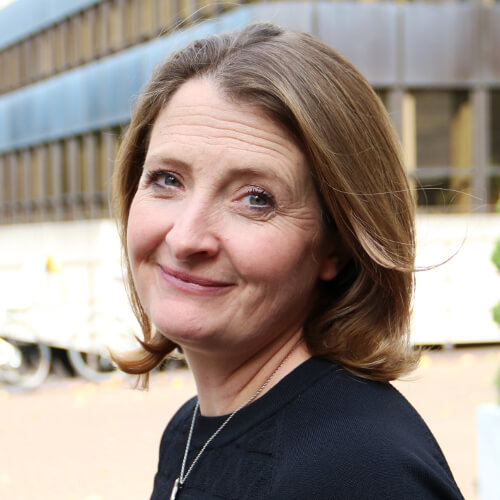School reopening – 5 strategies for navigating gaps in learning

Dr Mary Richardson outlines five strategies for navigating the learning gaps and uncertainty that schools can expect to encounter over the coming academic year…

1 | Go back to basics
In the short term, there should be a record of some kind for every child that clearly outlines what they have or haven’t missed at this point in time. It’s then a case of mapping that to your expectations as a professional – what you know of each student, how they work, what drives them and the things they find challenging.
Doing that will involve a huge amount of work, but it’s the only practical way to make a good evaluation of where someone is. The key thing is to look at how your students learn – what will drive their learning forward from this point onwards?
2 | Don’t focus on the things you can’t predict
The tricky thing is that we’re not currently sure what’s going to happen with next year’s GCSE assessments. I work with a number of assessment providers and they’re all waiting on a steer as to what the arrangements will be as much as everyone else. Will we even have exams, or can we expect a combination of different assessments?
Were I a teacher trying to plan for the year ahead, right now I’d be identifying any areas that can be taught as a whole and which won’t be reliant on future developments in the spring and summer terms.
In some respects, it simply won’t be possible for students to properly ‘catch up’. A line may need to be drawn under certain areas where it’s evident that students have simply missed too much in the summer term for that to be feasible. Concentrate instead on what you can do, and focus on delivering that.
3 | Remember that this isn’t normal
The government seem to be trying to normalise a situation that’s highly abnormal, just as we saw with the grading of exams last summer. What particularly concerns me is next year’s student cohort, who I believe will be the ones hit hardest by the wider impact of COVID.
We ought to consider the kind of evidence we’ll need to support strong evaluations of student learning.
Personally, I’d look at employing some kind of continuous assessment process, because I fail to see any benefit in forcing this year’s KS4 cohort through a system from which a big chunk has been missed.
Teachers should be allowed to focus on what they’re brilliant at, which is teaching and professionally appraising their pupils in a range of different ways, which would make for a much fairer system of assessment.
4 | Give your students breathing space
There’s a risk in emphasising that the year ahead will be all about trying to catch up and preparing for GCSEs.
We shouldn’t lose sight of the good to be had from pausing, taking a breather and perhaps asking ourselves what school is actually for – just passing GCSEs, or for encouraging young people to be invested in their learning and getting them excited about the role that different subjects might play throughout the rest of their lives?
Some might dismiss that as a liberal, ‘soft’ position, but I don’t believe it is, Exams are important, of course, but this year has vividly demonstrated that we can’t carry on seeing exams as everything. We’ve had a warning – now there’s a great opportunity to try something else.
5 | Sometimes good enough is good enough
We don’t have to aim for outstanding all the time. That’s a something of loaded term in schools, but the reality is that the profession as a whole can’t perform at that level continually.
Managers should look to communicate with their teams as frequently and clearly as possible. How do colleagues feel about what’s happening? Does anyone feel isolated or concerned?
Those considerations are crucial in situations like this, and can help you make better collective decisions over your future direction going forward.
Don’t forget that parents often won’t appreciate how little information schools have to go on at the moment. Being more open with parents and helping them understand this will relieve some of the pressure on teachers and improve their working lives considerably – because they can only do so much.
Dr Mary Richardson is an associate professor of educational assessment, and academic head of learning and teaching for the Department of Curriculum, Pedagogy and Assessment at UCL Institute of Education.












